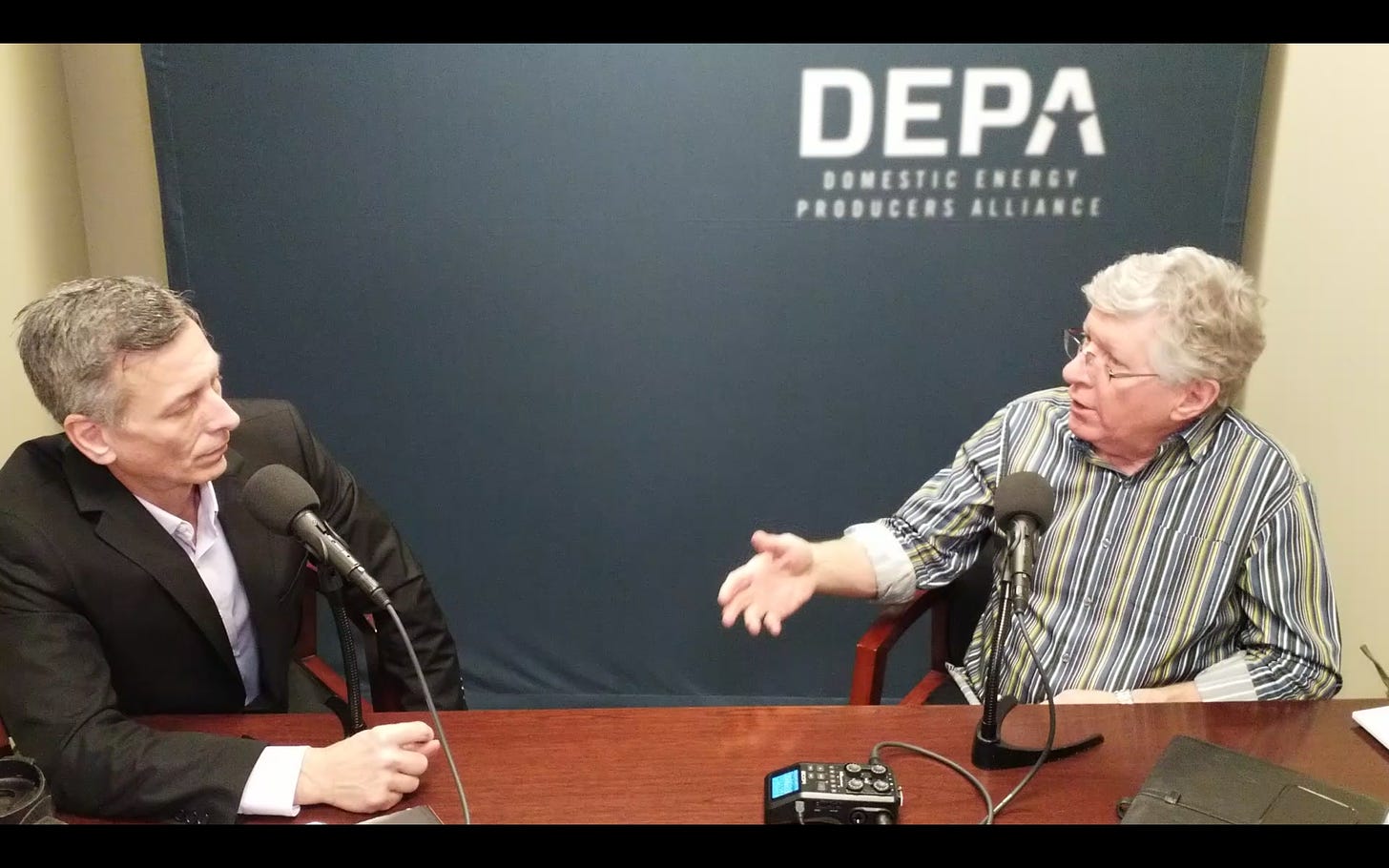
This past April, ESG University penned, and then typed an ESG Classroom Column predicting a European trend that would be coming to the United States soon. And it did. Here’s what I wrote in April titled “An ESG World Premiere! Coming Soon To A Regulation Near You”.
New sales of diesel cars will be prohibited in 2030, and new gasoline car sales will be illegal in 2035. The move is in accordance with existing efforts in Brussels to reduce pollution, and the EU goal of achieving net-zero carbon emissions 2050.
Brussels will ban diesel cars by 2030 and gasoline cars by 2035
In Paris, their officials plan to ban private vehicles from the “historic heart” of the city by early 2024 in a move designed to decrease congestion and improve air quality in the French capital. It should be noted that the 2024 goal represents a two year delay on the original 2022 timeline.
Shortly after the European announcement and ESG University prediction, California passed a similar law. According to The Smithsonian Magazine on September 1, 2022:
California made history last week by becoming the first state to ban the sale of new gas-powered vehicles by 2035. The California Air Resources Board (CARB) approved an ambitious phase-out plan that will require all new passenger cars and light trucks sold in the Golden State to be electric vehicles (EV) or other zero-emissions models by the middle of the next decade.
California is a trend-setter: Now, other states are likely to follow in its footsteps. In the days since California regulators signed off on the plan, which aims to curb emissions in a bid to halt human-caused climate change, officials in states like Washington, Massachusetts and Virginia have discussed their intentions to implement similar initiatives.
Washington’s Gov. Jay Inslee tweeted that his state is “ready to adopt California’s regs by the end of this year.” In 2020, legislators passed a law directing the state’s department of ecology to adopt California’s emissions standards as they evolve.
While EV engines, new charging stations and state-sponsored shaming towards fossil fuels continues across the planet, inflationary and energy issues happening in Europe are becoming a sign of things to come for the United States.
While some are perfectly fine with the rising energy prices and inflation, others see what is happening in Europe with their All-In ESG Attitude as the canary in the coal mine.
First the perfectly fine crowd.
Please take one-minute-and-three-seconds to watch the video below. At first you might think it is a clip from The Squid Games or Black Mirror.
U.K. show This Morning hosts Phillip Schofield and Holly Willoughby engaged with a caller via a “Wheel of Fortune”-style game in which one of the prizes was paying the contestant’s energy bills for four months.
While the world laughs, and debates the philosophical moralities behind this video, what’s not being discussed is that the U.K. is about to lift limits on energy pricing, just in time for Christmas, and household bills are expected to soar again.
Incidently, This Morning ended up dropping “Energy Bills” from their morning doom-spinning game show.
Schofield asked one caller if he was concerned about his bills, with the man replying: “Oh, major. I’ve got one of these pre-payment meters and it’s absolutely murder.”
Fortunately, the wheel ended up landing on energy bills, with the caller saying: “Oh my god, thank you. Fantastic. What a relief.”
However, viewers were shocked by the change, with many branding it “dystopian”. Writing in The Independent, columnist Emma Flint said that the game felt like “an episode of Squid Game”.
“You know the country’s f***ed when this show is offering to pay your energy bills as a prize on the Spin to Win wheel,” another commenter tweeted.
This is another example of ESG Image and why Social Media Matters.
Actually, if we are predicting the future with pop culture, I wonder if more people would choose The Wheel Of Energy Bills or Weird Al Yankovich’s UHF clip called “Wheel of Fish”?
Would you choose four months of energy bills or your weight in fish?
Back to the serious, although what’s considered serious in this ESG Exercise today?
In March 2021, The Crude Life interviewed Jerry R. Simmons, President and CEO of the Domestic Energy Producers Alliance (DEPA) headquartered in Tulsa, Oklahoma. During the interview Simmons called out the American Petroleum Institute and their direction with a carbon tax, aligning with the European Union and the Paris Agreement.
“We disagree with them on this issue (carbon tax),” Simmons said. “The American Petroleum Institute is acting more like the European Petroleum Institute.”
Click here for DEPA’s letter to the API. An except from the letter:
The American Petroleum Institute’s (API) endorsement of carbon pricing (the first step toward a carbon tax) represents another effort by large multinational conglomerates pandering to bureaucrats, politicians, and Green New Deal activists at the expense of American energy and industrial independence and the American working class.
Pricing and taxing carbon harms working families, undermines US energy and industrial independence, and costs jobs. Like so many other so-called progressive policies, governments and big corporations reap the benefits while US workers and consumers are left to pay the bill in wages and lost jobs.

The podcast interview with Simmons also showed there were people in positions of power trying to have this conversation before today. Host Jason Spiess and Simmons discuss the impact of ESG, agressive emission management and carbon taxes in depth for over an hour.
For example, the two discuss how carbon pricing and taxation is designed to raise the cost of gasoline, home heating oil, natural gas, and coal to unaffordable levels, forcing businesses and consumers into less reliable and non-competitive renewable energy such as windmills, solar panels and batteries.
History has proven that big business simply passes on the costs on to the consumers. Simmons pointed out that in the European Union (EU) (at the time of interview) charges a minimum duty of $1.61 per gallon on gasoline.
Carbon pricing and taxation is extremely regressive, hitting the most economically vulnerable the hardest, while leaving the wealthy elite relatively untouched as percentage of household income.
From banning gasoline cars to API’s cozy relationship with European policies to rapid rising energy bills, the European ESG movement appears to be en vogue with American elected and appointed leaders.
In North Dakota, the 2021 Legislature directed the Commerce Department to study ESG investment policies, and well as its potential implications for the state regarding the boycott of energy or production agriculture commodities. The state’s appointed leadership hired a European ESG company for direction.
What’s the ESG Score for sending American tax dollars to Europe for their ESG Direction. This is another example of how European ESG Policies can easily become American ESG Policies.
If you watch the Pay Your Energy Bills Wheel video from the lens of an Entitled Enabler or Predator In Power, it’s comical, fun and helping others. If you are watching it from the lens of the rest of the world, it’s start of The Hunger Games or Running Man.
Today’s ESG Lesson is really more about the questions. Which lens will ESG decide to look through? How would that 1-minute viral video score in ESG land?
In closing, I would like to leave you with this little diddy from James Felton, a random Twitter post that appeared in my feed. One side of the screen is giving you tips on energy savings while the other side is an example of what life is like living in the new ESG Reality.
Questions or Comments? Do you have an ESG University story idea or Screenshot Submisison? Email: info@esgu.org


